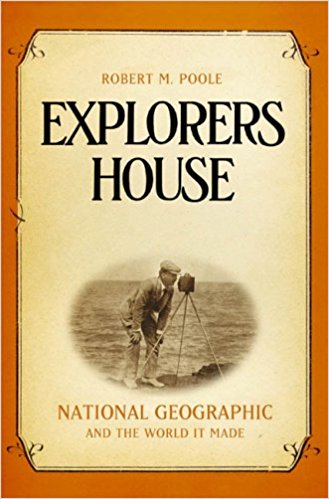◾️preparation
◾️gaining knowledge
◾️mental models
◾️learning together
problem solving is easier with constraints.
ask questions before jumping into the design
(chapter 3 of the SRE book was the way she chose where to start learning to start gaining depth)
she thought re-reading the material was the path of success
this is called: the illusion of knowledge.
for long term learning:
one should do:
◾️ low stakes testing.
this can be done by writing cards (one side the word, and explanation in the back.
to learn, retrieve.
to learn, struggle.
mental models:
mental models make us better storytellers
mental models have your prepared for getting paged at 3am
asking "how long does it take to onboard new engineers to your systems?" is a great way to see how that is going.
regular reflection helped her as this helped in sustaining memory and forming mental models
a way to go beyond singular mental models is learning an object-oriented programming language and a functional language programming
your team and environment are oriented around solving a problem.
if your psychological safety suffers, your memory suffers, and your teams' ability to respond to the incident will suffer too.






